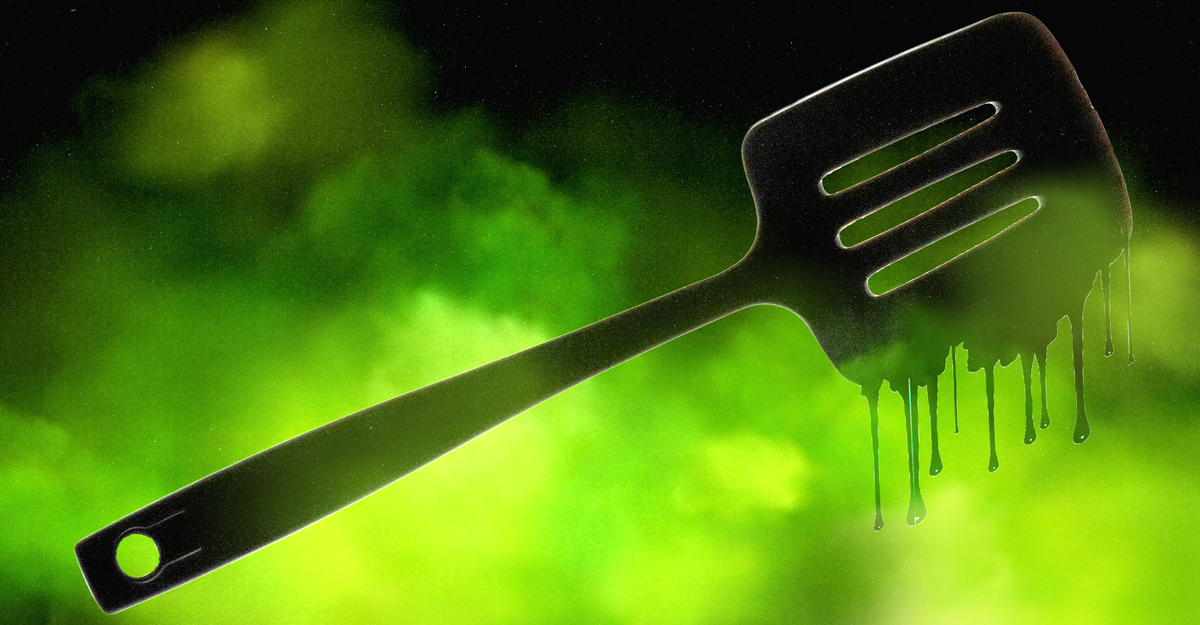- cross-posted to:
- [email protected]
- cross-posted to:
- [email protected]
Cooking with any plastic is a dubious enterprise, because heat encourages potentially harmful plastic compounds to migrate out of the polymers and potentially into the food. But, as Andrew Turner, a biochemist at the University of Plymouth recently told me, black plastic is particularly crucial to avoid.
In 2018, Turner published one of the earliest papers positing that black plastic products were likely regularly being made from recycled electronic waste. The clue was the plastic’s concerning levels of flame retardants. In some cases, the mix of chemicals matched the profile of those commonly found in computer and television housing, many of which are treated with flame retardants to prevent them from catching fire.



Also, if you have a cast iron pan that is extremely rusted, get a brass bristle drill attachment and blast all the rust off with it.
After you have finished that and cleaned it, season it like the other poster mentioned and it will be as smooth as almost any Teflon you’ve ever used.
Geez, I hope people aren’t out there using rusted cast iron. That’s beyond ignorant.
I have found cast iron pans in the trash that were trashed because they were Rusty. Cleaning them, de-rusting them, and reseasoning them was enough to put them back into service and they are some of my favorite cast iron.
I’m ignorant. Tell me what’s the problem with rust? I thought iron oxide is a fairly stable compound.
excess iron can be dangerous but how can anyone cook without fat… unless they wash it heavy duty soap every time.
My brother in law (a chemist) just soaps up his cast irons. He uses them every day and cleans them fairly soon after use. They look like pans you see in a magazine ad. Perfect.
strong seasoning?
Weak soap.
The whole “don’t wash cast iron with soap” advice is old – so old, in fact, that it was from back when everybody used lye soap.
Normal everyday disk soap is is safe to use on cast iron, but modern products that are marked “degreaser”, “ultra”, “platinum” etc will often have chemicals that will break down Polymerized oils. Great for keeping stainless steel shiny, very hard on your cast iron’s seasoning though.